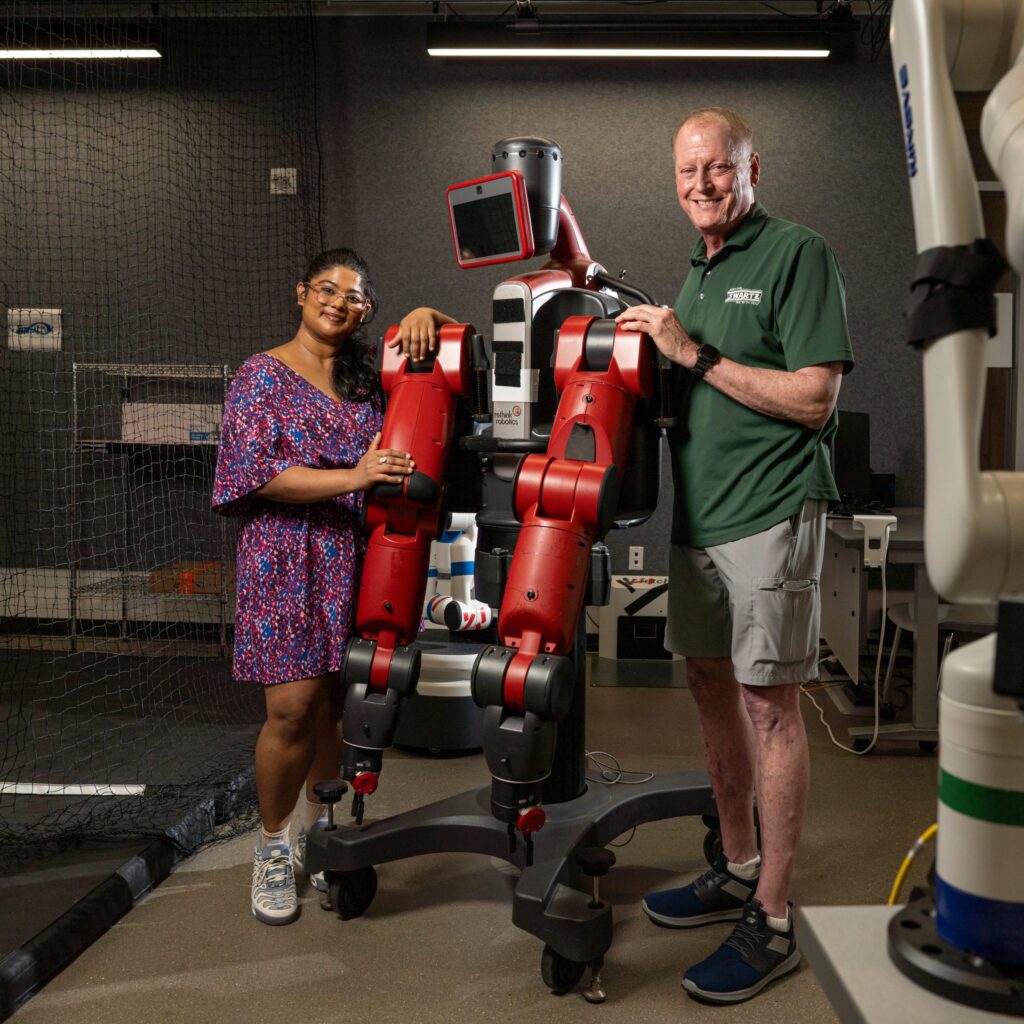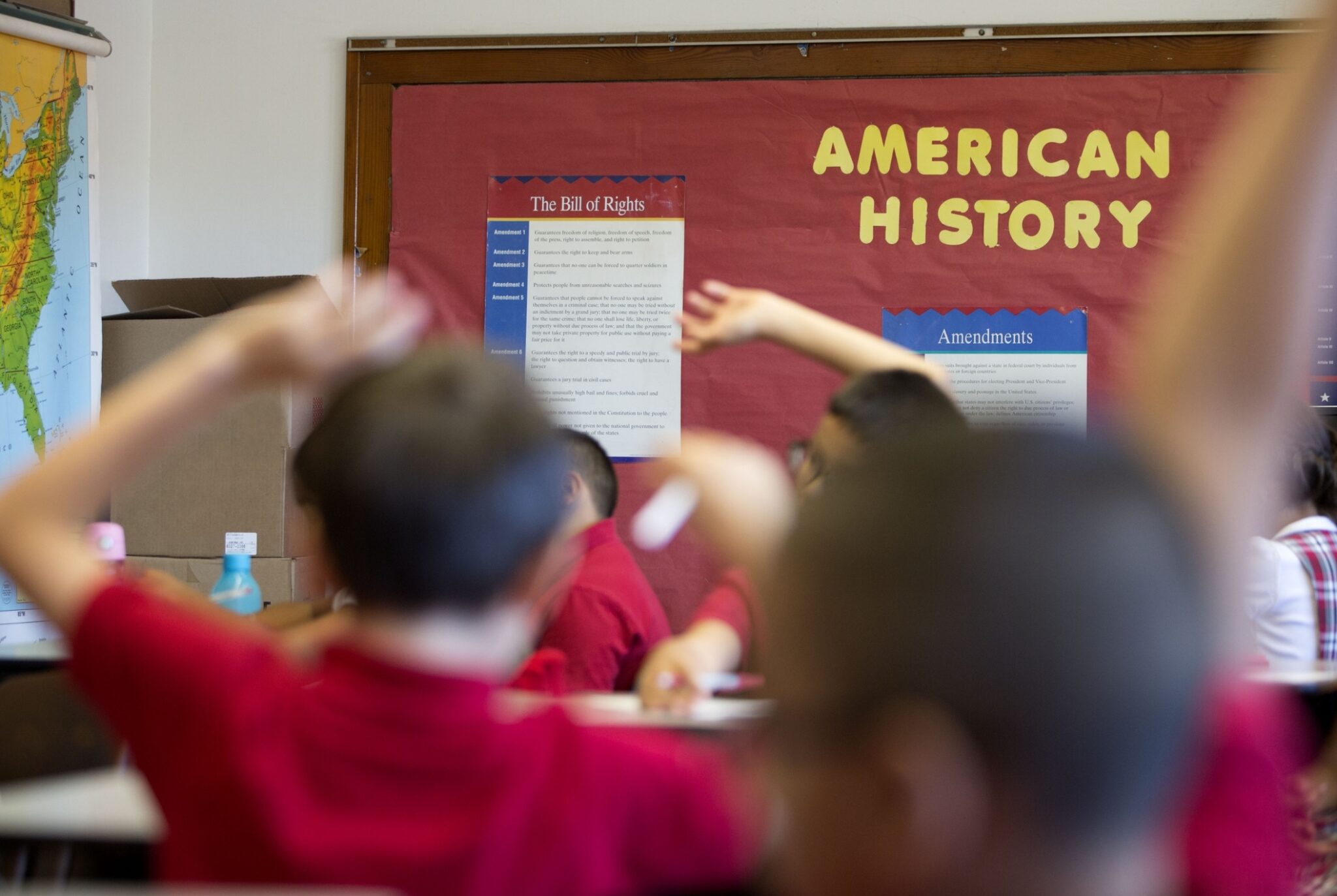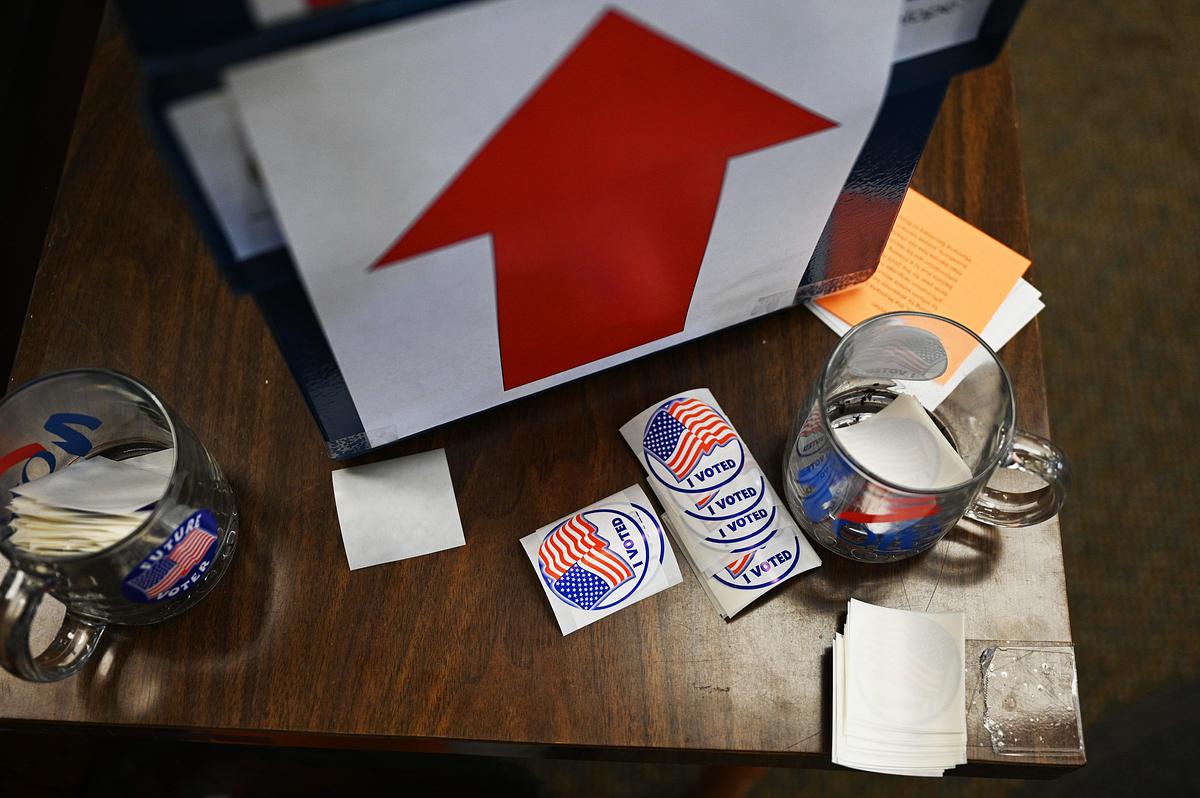PITTSBURGH — Saisri Akondi came from India to Carnegie Mellon University to pursue a master’s in biomedical engineering, business, and design. Prior to finishing her degree, she co-founded D.Sole, a company developing high-tech insoles to detect diabetic foot complications, which contribute to 6.8 million amputations annually. D.Sole is part of Pittsburgh’s growing tech sector, which, according to the Pittsburgh Technology Council, employs a quarter of the local workforce with salaries totaling $27.5 billion annually.
Sean Luther, head of InnovatePGH, credits international students like Akondi for Pittsburgh’s tech transformation. “Next Happens Here,” reads a sign near Carnegie Mellon and the University of Pittsburgh in the Pittsburgh Innovation District, where tech companies thrive. However, uncertainties loom as international students face visa crackdowns under Donald Trump’s administration, potentially jeopardizing future contributions to the tech economy.
Inside universities and the tech industry, international students significantly contribute to research and startups. Many, like Akondi, utilize their skills to launch companies in the U.S. Mark Muro of Brookings Institution highlights their crucial role in driving economic development and innovation. According to the National Foundation for American Policy, 143 U.S. companies valued at $1 billion or more were founded by individuals who came as international students, including SpaceX by Elon Musk.
The National Science Foundation notes that international graduates are a “vital source” for U.S. tech companies. Despite their contributions, challenges persist due to visa issues and potential cuts to federal research funding. Dave Mawhinney from Carnegie Mellon’s Swartz Center for Entrepreneurship emphasizes the demand for skilled graduates exceeds the supply.
International students also play a critical role in Pittsburgh’s burgeoning tech industry. The city, once reliant on steel, now hosts major tech firms like Google, Apple, and Duolingo, co-founded by international students. InnovatePGH tracks 654 startups employing 25,000 workers. However, a decline in international student enrollment could impede this growth. Audrey Russo of the Pittsburgh Technology Council warns of the potential impact on research and the economy.
Amid rising concerns, international students express their intent to stay in Pittsburgh and contribute to its economy. Rhonda Schuldt of Pitt’s Big Idea Center notes that students are eager to build businesses locally. Nevertheless, visa processing delays and global competition threaten these aspirations. The Institute of International Education reports a recent 2% drop in international graduate enrollment.
Pittsburgh serves as a prime example of a city benefiting from international talent, yet it’s not alone. Brookings’ Muro emphasizes the broader economic impact of these scholars in fueling innovation and entrepreneurship. The U.S. remains a central hub for global talent, and preserving this advantage is essential for maintaining leadership in tech innovation.
—
Read More Kitchen Table News










